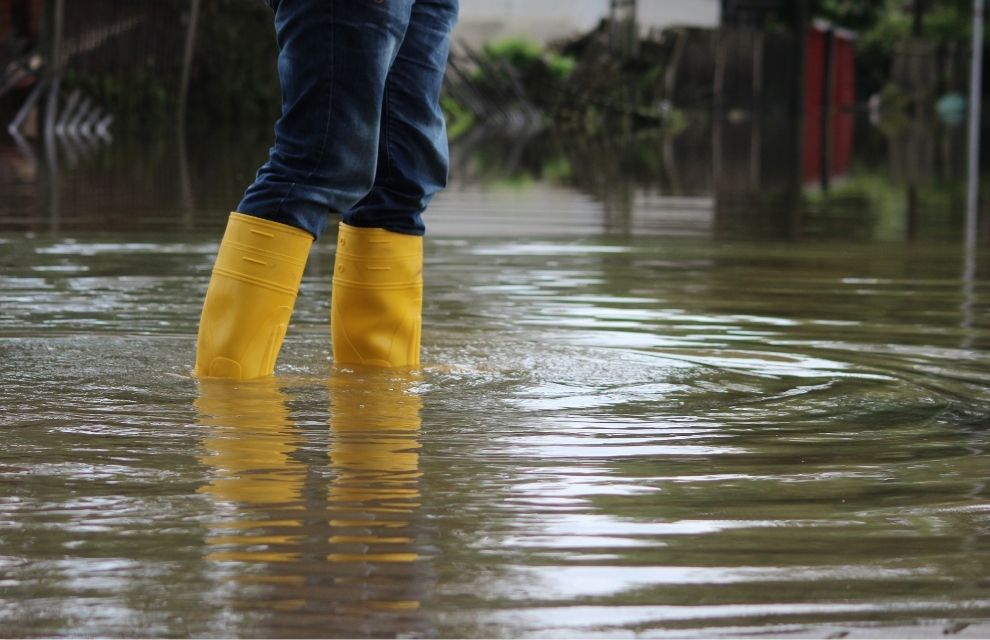Global Parametrics, a provider of parametric protection against climate risks in emerging markets, has structured two risk transfer solutions using its new Water Balance Index (WBI), to enable partners to provide drought and excess rainfall protection for smallholder farmers in India and Tanzania.
The WBI is a multi-scalar meteorological index using monthly cumulative rainfall and potential evapotranspiration to estimate departure from the climatological norm.
Global Parametrics explained that the index utilises 40 years of daily atmospheric reanalysis data supplied by the European Centre for Medium Range Weather Forecasts (ECMWF) at a 31km resolution.
In the first of the two programmes, Global Parametrics stated that they have structured a risk-transfer solution for Luxembourg insurtech, IBISA, providing them with a backstop that will mitigate the impact of extreme weather events allowing them to scale their operations in India.
IBISA’s programme, founded in partnership with the Development of Humane Action (DHAN) Foundation, utilises IBISA’s unique technology platform to facilitate the provision of parametric drought and excess rain cover via mutual pools to low-income smallholder farmers.
“The programme targets 5,000 smallholder farmers in the Tamil Nadu and Andhra Pradesh regions. Global Parametrics’ solution will enable the program to scale and potentially reach more than half-a-million smallholder farmers by 2024,” according to Global Parametrics.
For the second of the two programmes, Global Parametrics has partnered with One Acre Fund (OAF), a non-profit social enterprise which provides training and finance to smallholder farmers in East Africa, allowing Global Parametrics to expand into Africa.
The programme will make use of the WBI in Tanzania to provide OAF with a tailored product to manage adverse impacts from drought and excess rain to its network of 70,000 maize farmers. Should the index trigger, payments will be made directly to OAF who will use the capital for loan forgiveness to the farmers across impacted sites
Both solutions in India and Tanzania are structured as an over-the-counter derivative and are backed by Global Parametrics' Natural Disaster Fund (NDF). Through its partnership with Hannover Re, the NDF cedes 50 percent of the risk, bringing the global reinsurer into the transaction.
Global Parametrics outlined that nearly 65 percent of the population in Tanzania is employed in agriculture and the incomes and livelihoods of much of the population are tied to annual yield, which is severely impacted by fluctuating rainfall levels. Additionally, in India, agriculture employs over half of the workforce, however, as Global Parametrics highlighed, 68 percent of cultivable areas are vulnerable to drought impact as a result of unexpected climate and weather events.
Commenting on the new protections, Jerry Skees, director and co-founder of Global Parametrics, said: “Our WBI enables us to characterise agricultural risk anywhere in the world, particularly in areas where reliable information is not available. Deploying the Index means we can now extend our footprint into India and Tanzania and provide protection for communities who need it most.”
Maria Mateo Iborra, co-founder of IBISA, added: “Smallholder farmers are particularly exposed to extreme weather and natural hazards. We are thrilled to have Global Parametrics supporting us in scaling our programme in India.”
Climate change is fast becoming the biggest crisis the world will face, according to Alex Gedge of Marsh. Gedge discusses how a captive can help to insure against risks associated with climate change in Captive Insurance Times.






